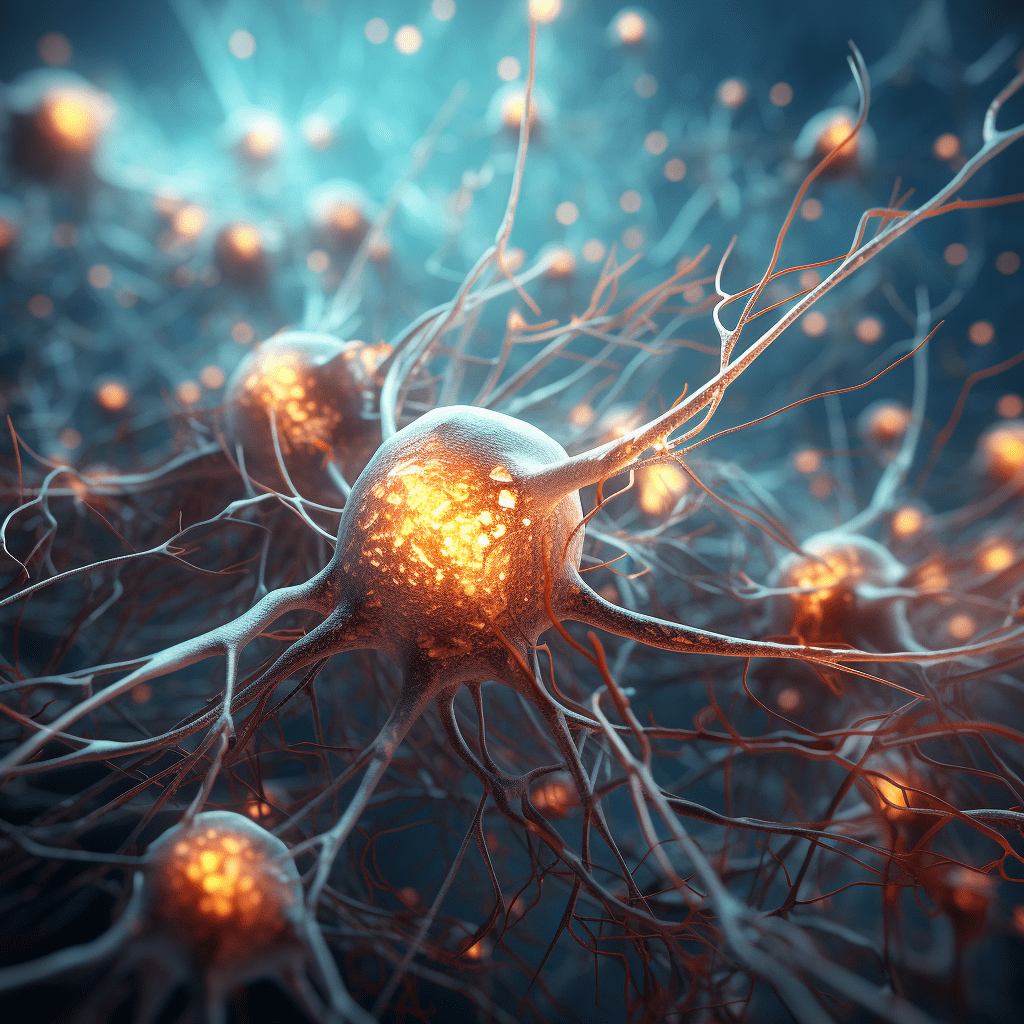ADHD Symptoms
More than Just Distraction – Exploring its Multifaceted Dimensions
Attention Deficit Hyperactivity Disorder (ADHD) is a condition typically associated with hyperactivity, impulsivity and inattentiveness. But its influence is vast and can touch many areas of an individual’s life. It impacts every element of an individual’s functioning and those around them, from how they perceive themselves and situations, the way they think, feel and behave. ADHD interlinks with various other aspects of an individual’s life.

Problematic Behaviours
ADHD can increase vulnerability to problematic behaviours. Impulsivity, coupled with the brain’s quest for the dopamine chase, can make individuals with ADHD more susceptible to substances or activities that provide instant gratification. Whether it’s substance abuse or non-substance-related compulsions, ADHD can be a predisposing factor in the development of problematic behaviour. Managing ADHD, dramatically reduces this risk.
Hormonal Fluctuations
Changes in hormones, such as oestrogen and testosterone, can amplify ADHD symptoms. For instance, some women with ADHD report worsening of their symptoms during periods of significant hormonal fluctuation, such as puberty, pre-menstruation, post-natally or at the menopause.


Sleep Issues
Many with ADHD struggle with sleep quality and quantity, whether it’s difficulty falling asleep, staying asleep, waking up, or not feeling rested . The restless mind and hyperactivity can often translate into disrupted sleep patterns. The hyperactive brain can struggle to switch off, leading to insomnia. Conversely, a lack of sleep can exacerbate ADHD symptoms, creating a vicious cycle. Sleep procrastination is often a red flag for ADHD.
Not achieving your true potential
ADHD isn’t a measure of intelligence or capability. However, without the right support, many individuals might not achieve their true potential, often misconstrued as laziness or lack of ambition. ADHD can sometimes act as a barrier to unlocking one’s full potential. Distractions, forgetfulness, or impulsivity might hinder academic achievements, career advancements, or personal goals. Achievements can often feel overwhelming and stressful to reach.


Stress
Managing ADHD symptoms can be overwhelming, leading to increased stress. On the flip side, heightened stress can exacerbate ADHD symptoms, creating a cyclical challenge.The everyday challenges of ADHD can heighten stress levels. Moreover, chronic stress can worsen ADHD symptoms, emphasizing the need for effective stress-management strategies.
Disordered Eating and Metabolic Disorders
Impulsivity, a core symptom of ADHD, can manifest as a lack of control around food. This might translate into binge eating, bulimia, or other disordered eating. Some individuals with ADHD may binge eat, while others might forget meals altogether. Rates of Type II diabetes are elevated in individuals with ADHD.


Mood and Emotions
Emotional dysregulation is common among those with ADHD. Rapid mood shifts, intense emotions, and difficulty managing emotional responses can often intertwine with ADHD presentations. ADHD can intensify emotions, leading to rapid mood swings. It’s also common for ADHD to coexist or be misdiagnosed as mood disorders like depression or bipolar disorder. This emotional response is characterised by intense feelings of shame or sadness after perceived rejection or criticism.
High Performing Individuals
ADHD doesn’t equate to a lack of talent or intelligence. Many high-performing individuals, from CEOs to artists, have ADHD. Their hyperfocus and unique perspective can be an asset in various fields such as creativity, although they might also face specific challenges. With the right strategies, ADHD can be channeled positively, leading to unparalleled innovation and success, but managing challenges at the same time.


Trauma
There’s a growing understanding of the link between ADHD and trauma. Some individuals with ADHD might have heightened sensitivity and susceptibility to traumatic events. Conversely, traumatic experiences can exacerbate ADHD symptoms compromising one’s ability to use their “psychological toolbox”. ADHD symptoms may be mistaken for trauma responses. It is pertinent to consider personality difficulties, cPTSD and PTSD during an assessment.
Links to Physical Health Conditions
ADHD doesn’t just affect mental well-being. There’s a correlation between ADHD and certain physical conditions like obesity, migraines, or irritable bowel syndrome, autoimmune conditions, hypermobility, fibromyalgia, visual difficulties, as well as asthma, eczema and psoriasis.

Conclusion
ADHD is a multifaceted disorder, intricately connected to various aspects of our well-being. Understanding these links can pave the way for holistic management and provide comprehensive support for those with ADHD. Dive deeper into each topic here on our website, where we unravel these complexities and provide guidance on managing ADHD in its entirety.
Whether you or a loved one have ADHD, understanding these intersections can provide a clearer roadmap for support and success.
Learn more about ADHD

About ADHD
Individuals with ADHD can be very successful. However without proper identification and treatment the consequences can be serious.

Child ADHD Assessment
Together, we'll work towards unlocking your child's potential and creating a brighter future. Let's help them unleash brilliance!

Adult Treatment
Comprehensive, holistic treatment plans focus on individual needs, driving effective results and improved well-being.
Book Your Assessment Today
Offering next day assessments for ADHD and Autism
Contacts
Phone
pam@sanctumhealthcare.co.uk
Address
Working Hours
Mon to Fri: 9 am – 5 pm